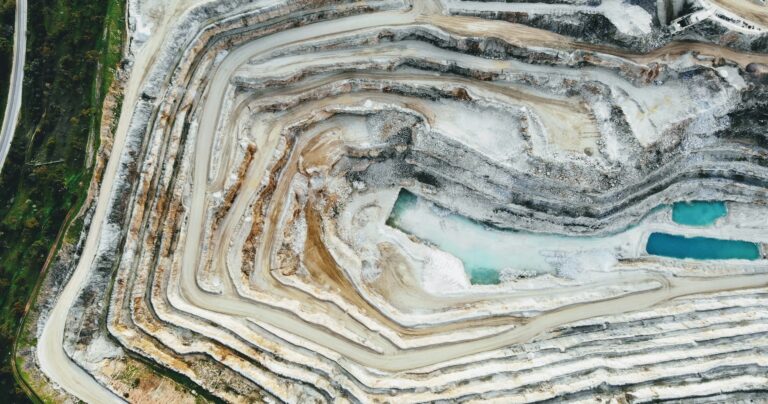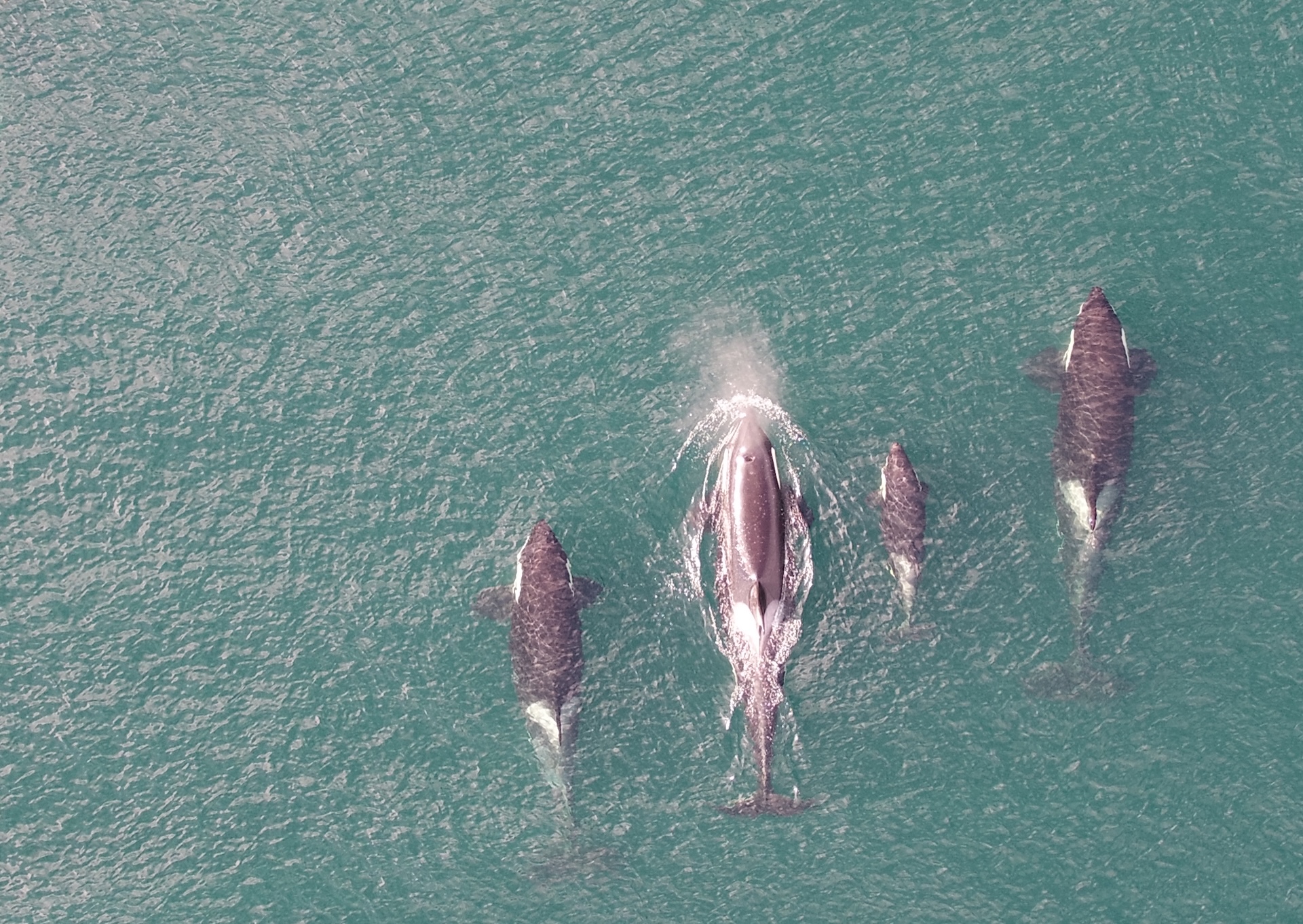Climate & Environment
-

E-bike incentives prove to be worth the investment
A rebate program for e-bikes significantly reduced car travel and carbon emissions, according to a new UBC study.
-
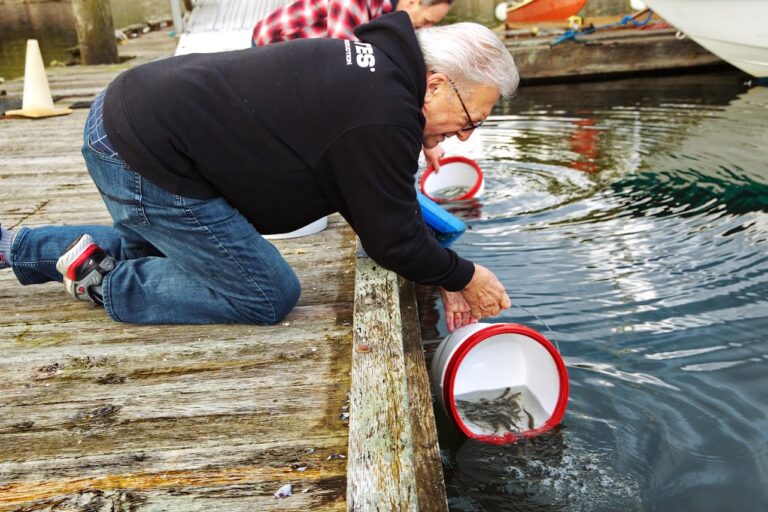
UBC research helps migrating salmon survive mortality hot-spot
UBC researchers used acoustic telemetry to tag and track juvenile salmon on their journey into the ocean.
-
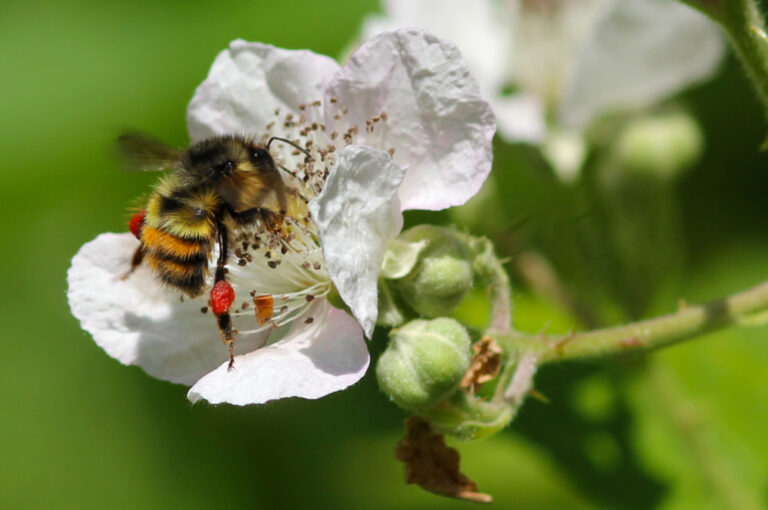
Where the wild bees are—and aren’t—impacts food supply
New research led by landscape ecologist Dr. Matthew Mitchell highlights the link between lost wild pollinators and food production in Canada, and proposes ways the public can contribute to protecting wild bees.
-
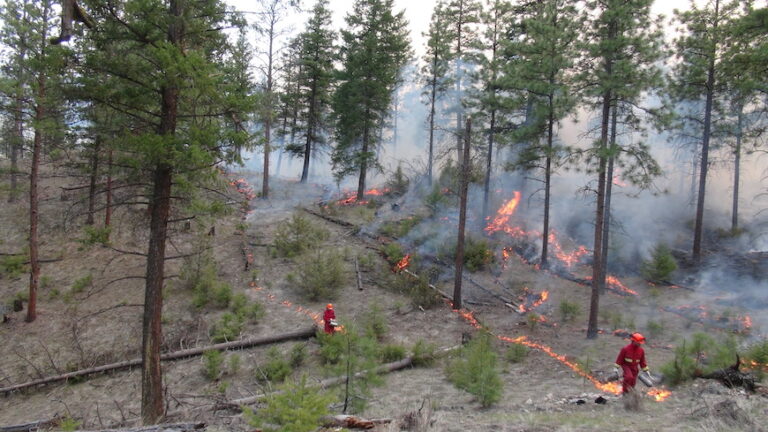
The 2024 wildfire season has started – here’s what we need to know
We spoke with UBC researchers Dr. Lori Daniels and Dr. Mathieu Bourbonnais about the outlook for wildfire season, and how communities can prepare for a challenging year.
-
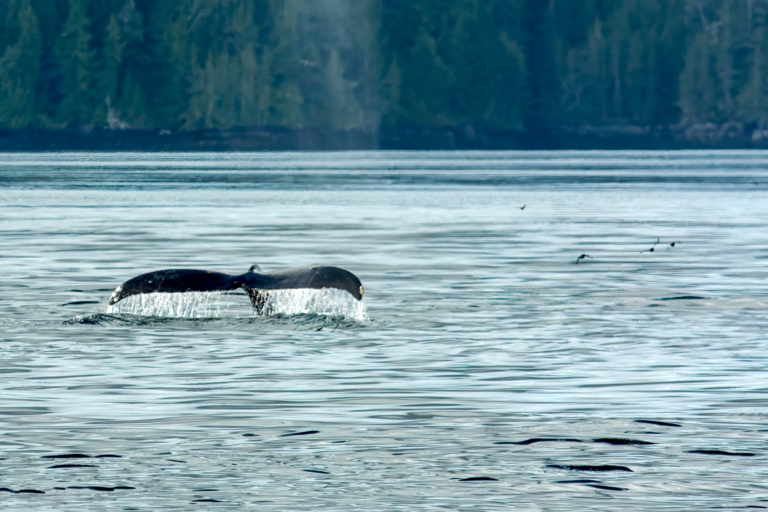
Entanglements of humpback whales in fish farms rare – and naivety could be to blame
Researchers at UBC's Institute for the Oceans and Fisheries conducted the first study of humpback whale entanglements in B.C. aquaculture facilities.
-
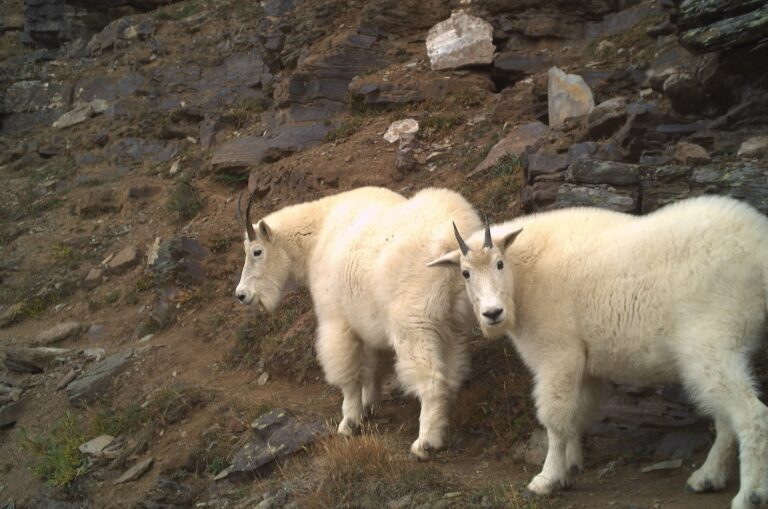
Global wildlife study during COVID-19 shows rural animals are more sensitive to human activity
According to the study, plant-eating animals are more active while carnivores more cautious around humans.
-

Driving an electric car is cheaper in some parts of Canada than others
A new UBC study highlights how it’s cheaper in some regions than others to drive electric, making it more challenging for certain households to make the switch.
-
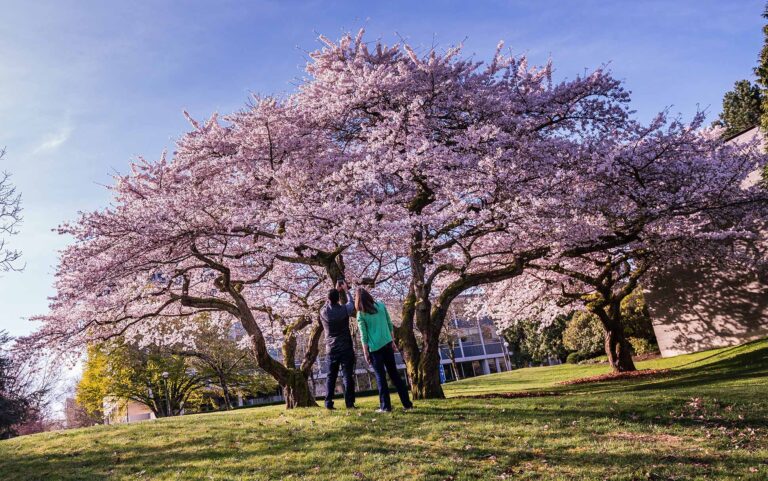
Global contest aims to predict peak bloom dates for cherry blossoms
We spoke with Dr. Elizabeth Wolkovich at UBC Faculty of Forestry and her colleagues about why the competition is significant for both researchers and citizens.

